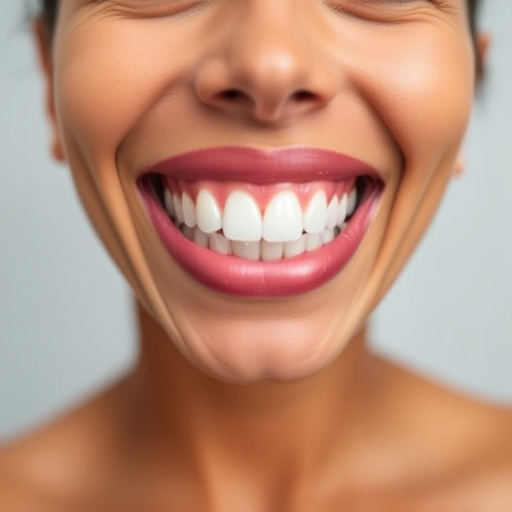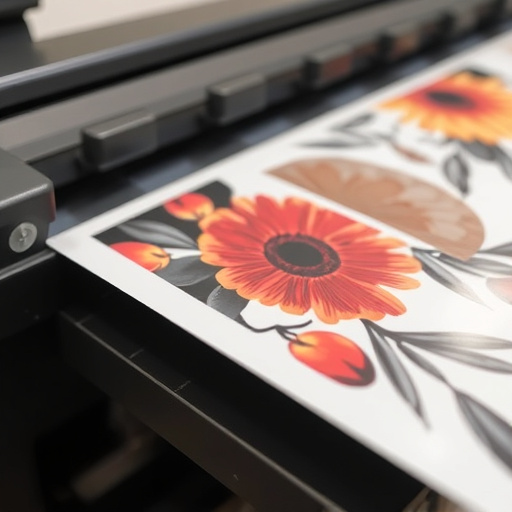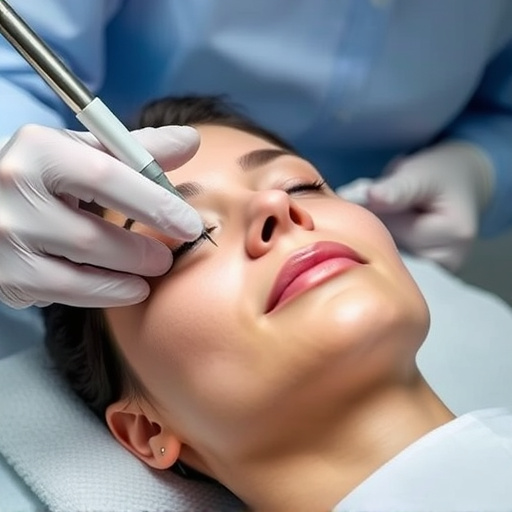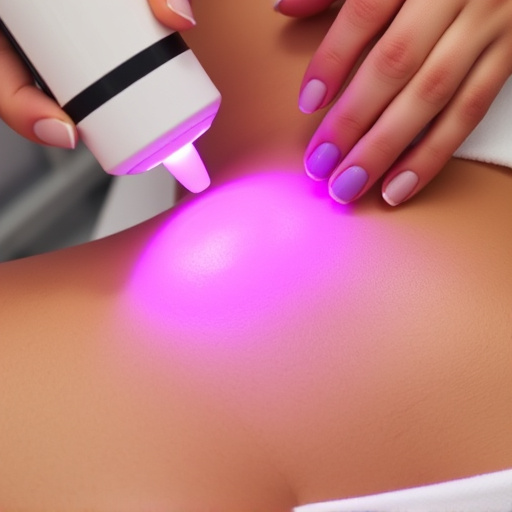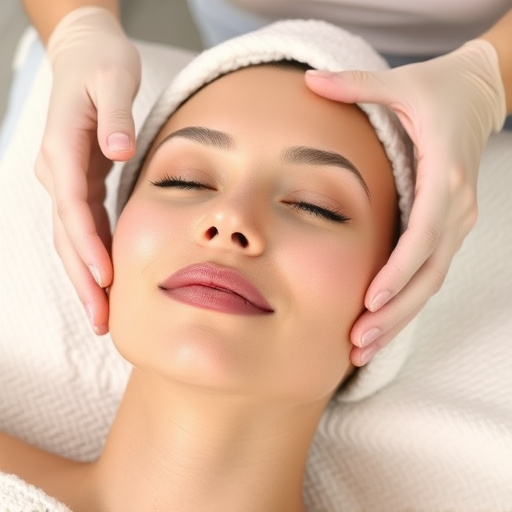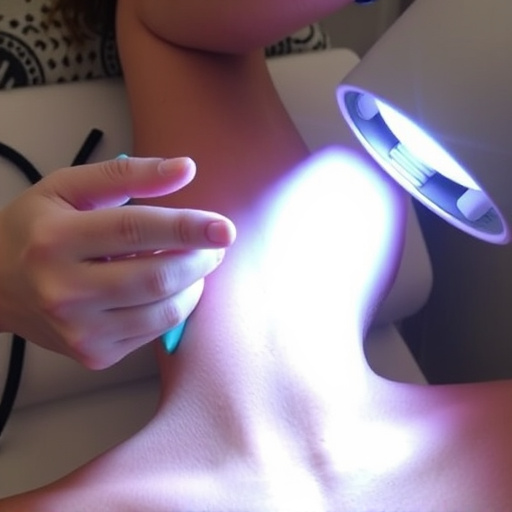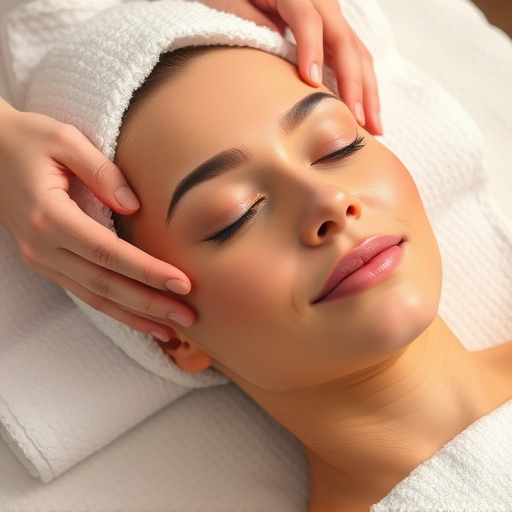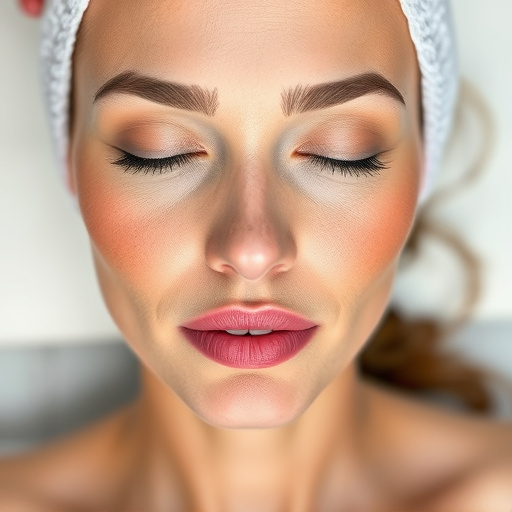Adult acne therapy involves a comprehensive strategy addressing emotional impacts, skincare routines, targeted treatments, and dietary changes. Integrating evidence-based diets rich in anti-inflammatory foods with professional therapies like laser hair removal and retinoids requires dermatological consultation for safety and effectiveness. Gradual implementation, sunscreen use, and tailored facials complement these efforts, aiming for clearer, healthier skin through consistency and patience.
Adult acne is a common yet often misunderstood condition, affecting millions. Beyond topical treatments, combining diet changes offers a promising path to clear skin. This article delves into understanding the causes of adult acne, exploring evidence-based dietary adjustments for improved skin health. We also guide you through safely integrating diet and therapy, ensuring effective and safe adult acne treatment.
- Understanding Adult Acne: Causes and Impact
- Diet Changes for Clear Skin: Evidence-Based Approach
- Integrating Diet and Acne Therapy: Safety Considerations and Tips
Understanding Adult Acne: Causes and Impact
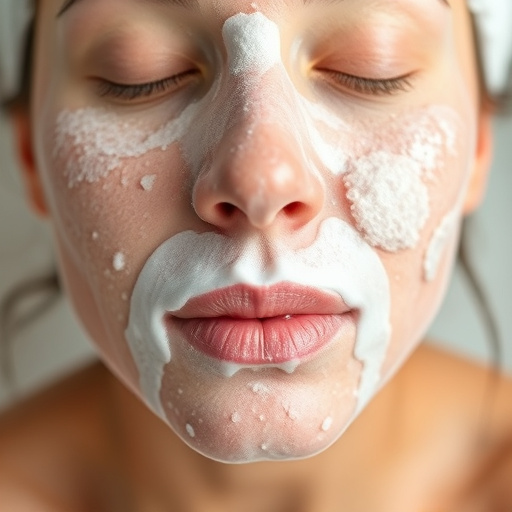
Adult acne is a common concern that goes beyond the typical teenage years. It’s characterized by the appearance of pimples, blackheads, and whiteheads on the face, chest, or back. While it might seem like a thing of the past, many adults continue to struggle with this skin condition. Understanding its causes is essential when considering effective adult acne therapy.
The impact of adult acne extends beyond physical discomfort. It can lead to low self-esteem and confidence issues due to the visible nature of the lesions. Moreover, it may also cause emotional distress and even affect social interactions. Effective management requires a holistic approach that combines proper skincare routines with targeted acne treatments. This could include topical medications, oral antibiotics, or even procedures like chemical peels and laser therapy, all aimed at improving skin health and reducing the appearance of blemishes. Additionally, dietary changes play a significant role in adult acne treatment, as certain foods can either aggravate or soothe the condition.
Diet Changes for Clear Skin: Evidence-Based Approach
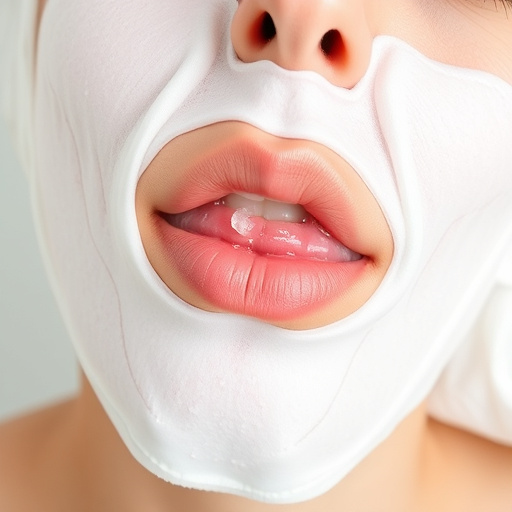
For many, addressing adult acne goes beyond topical creams and prescription medications—it involves a holistic approach that includes dietary adjustments. While the connection between diet and skin health isn’t always direct, there’s growing evidence to support the use of an evidence-based dietary approach for clear skin. Incorporating anti-inflammatory foods like berries, leafy greens, and fatty fish can help regulate oil production and reduce acne severity. On the other hand, certain foods high in sugar and processed carbohydrates have been linked to spikes in insulin levels, which can promote inflammation and exacerbate acne.
Beyond diet changes, some professional treatments offer promising solutions. For instance, laser hair removal techniques can target acne-causing bacteria and reduce skin irritation. Similarly, anti aging treatments focused on wrinkle reduction can also inadvertently improve overall skin texture and clarity. However, it’s crucial to consult with a dermatologist or healthcare provider before making significant dietary shifts or undergoing any aesthetic procedures, especially when combining them with adult acne therapy for optimal safety and efficacy.
Integrating Diet and Acne Therapy: Safety Considerations and Tips
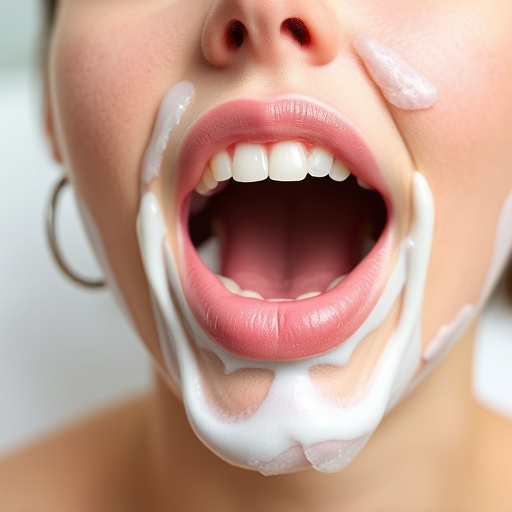
When integrating diet changes with adult acne therapy, safety is paramount. Both dietary adjustments and topical treatments can cause skin sensitivity, so it’s crucial to consult a dermatologist or healthcare provider before starting any new regimen. They can help tailor a plan that considers your unique needs and potential interactions. For instance, certain foods like dairy, gluten, or sugary snacks might exacerbate acne, while others rich in antioxidants or omega-3 fatty acids could offer beneficial effects.
To ensure safety, introduce changes gradually and monitor your skin’s response. Some adult acne therapies may include prescription medications or retinoids, which can increase sun sensitivity. Using broad-spectrum sunscreen daily and avoiding excessive heat or tanning beds is essential to prevent potential damage and aid in wrinkle reduction. Customized facials can also be a part of your skincare routine, offering deep cleaning and targeted treatments. Remember, consistency and patience are key; it may take time to see improvements, but combining dietary changes with effective adult acne therapy can lead to clearer, healthier skin.
Combining dietary changes with evidence-based adult acne therapy can offer a holistic approach to achieving clear, healthy skin. By understanding the causes of adult acne and implementing safe diet modifications, individuals can effectively manage their symptoms and improve overall skin health. Always consult with healthcare professionals before starting any new treatment plans to ensure personalized guidance and minimize potential risks.
